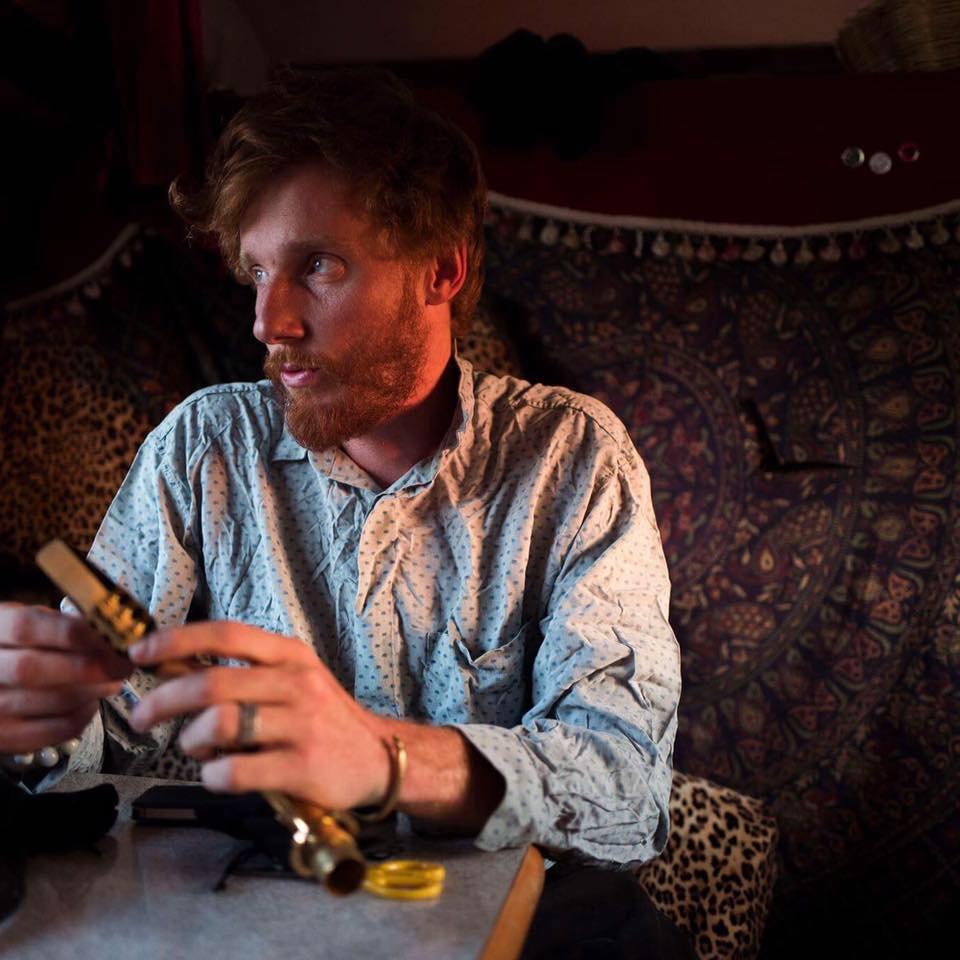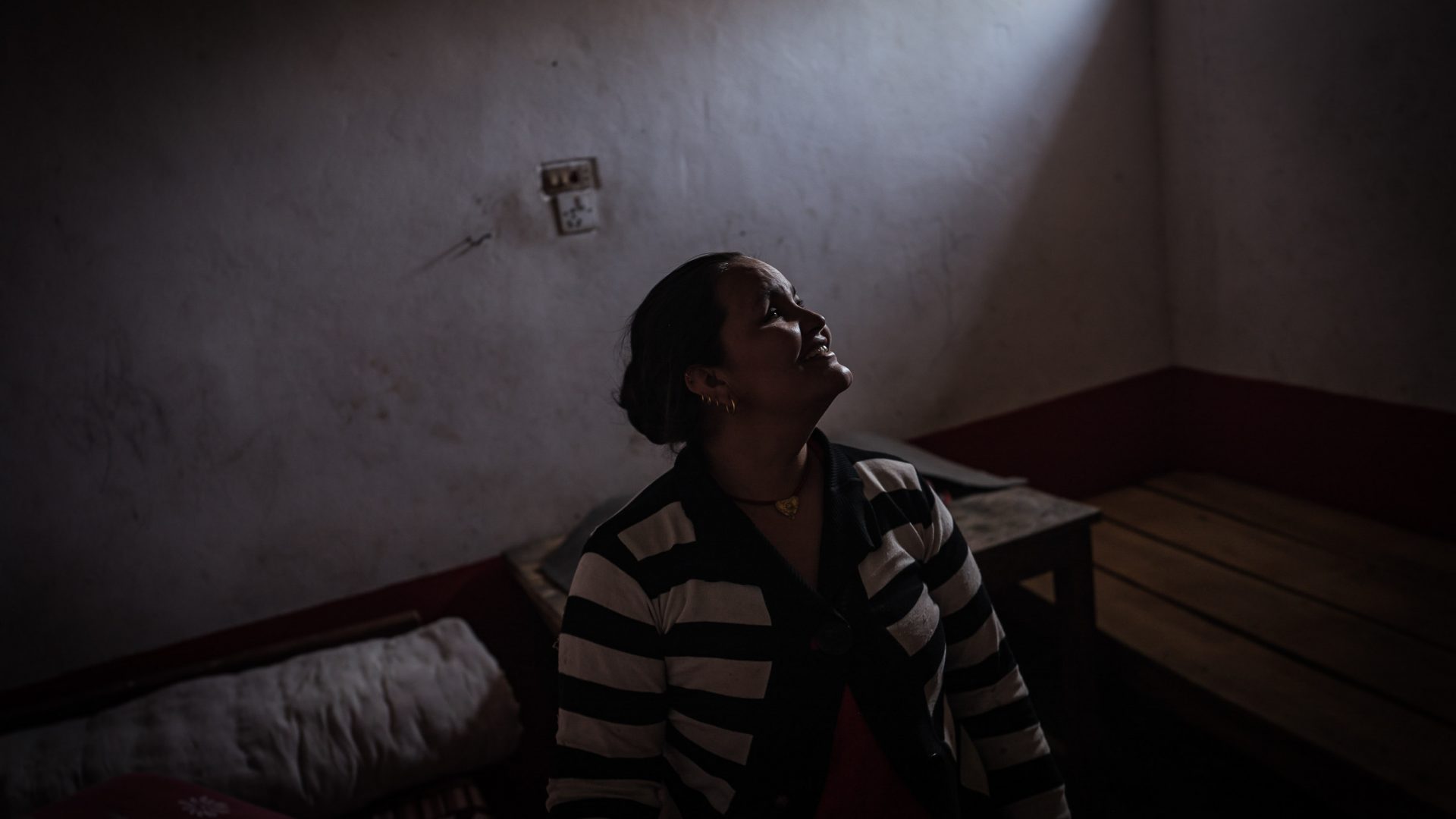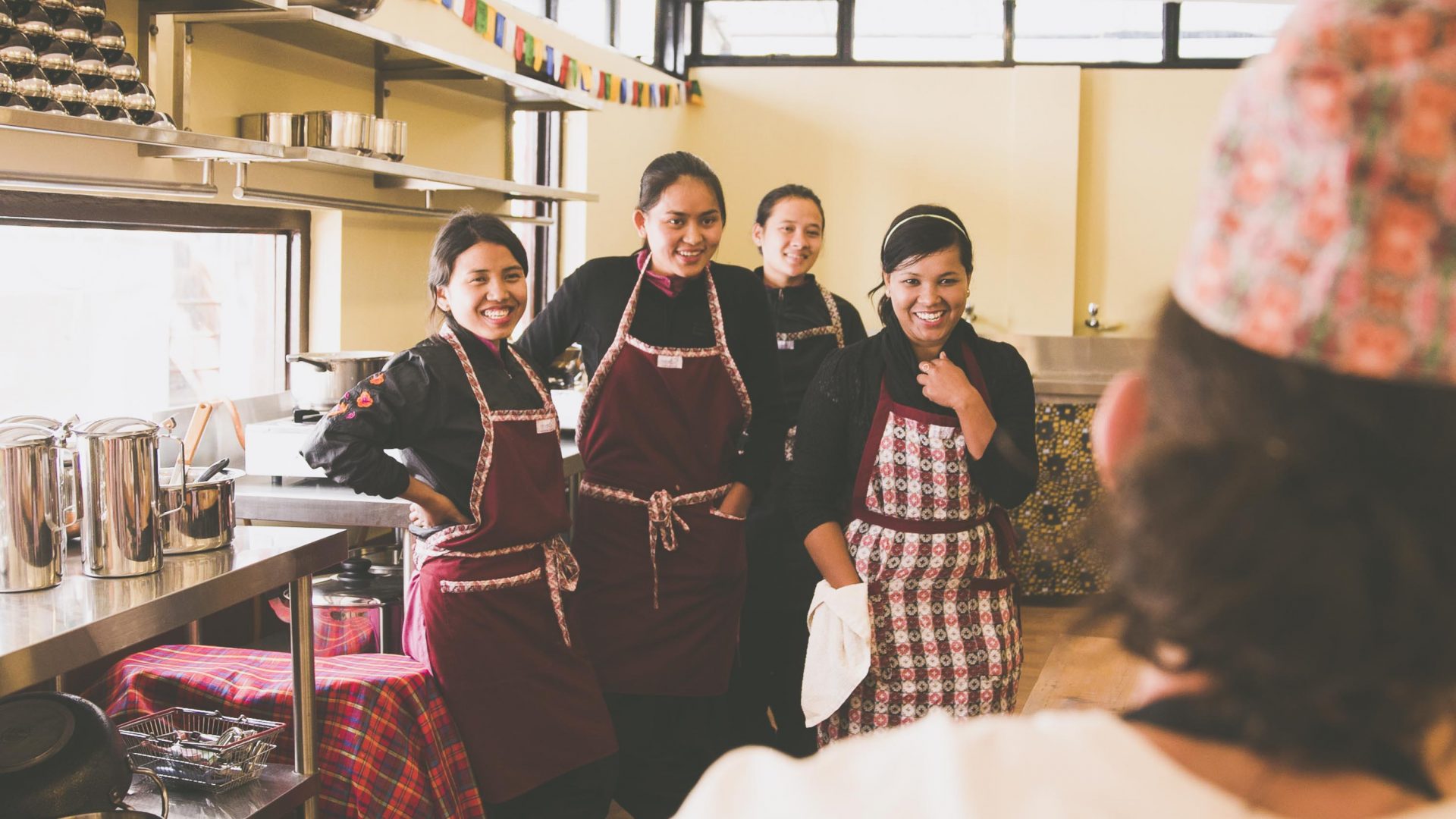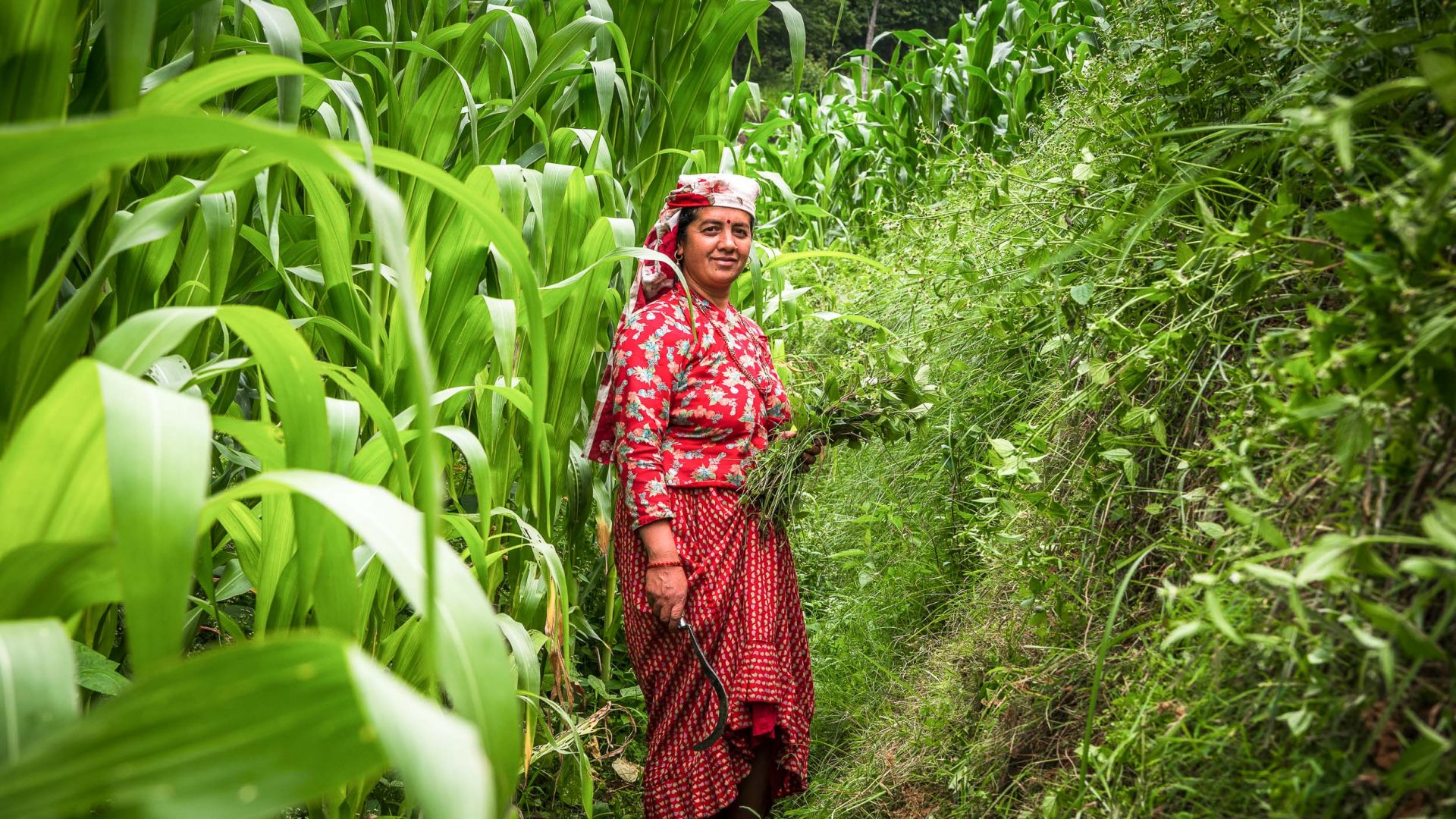Nepal’s widows are one of the least understood and most poorly-treated minorities in the world. Nicola Zolin spent time with one woman who’s doing her best to change all that.
Sunita Thapa’s husband was violent, and beat her repeatedly before leaving her with two sons and two daughters. She has never heard from him again.
Sarmila Adhikazi’s husband hung himself in their family home four years ago. He once hit her on the face with a beer bottle and damaged her right eye. Her relatives blamed her for his death.
Janaki Devi Joshi became a widow at the age of 21 when her daughter was just six months old. Her father in-law sold the house and didn’t give her a penny.
Today, Sunita, Sarmila and Janaka join hundreds of other women in the small city of Mahendranagar, in Nepal’s Kanchanpur district, to meet a woman who’s helping improve their lives in no small way. And when Lily Thapa enters the hall, every pair of eyes in the room lights up.
I’ve traveled here with Lily from Kathmandu, where the organization she created to protect the political, social, cultural and economic rights of Nepalese widows and single women, Women for Human Rights – Single Women Group (WHR), is based. Three out of four of the women gathered here have been victims of some form of violence (verbal, physical, or sexual) and many have been held responsible by their in-laws’ families for their husbands’ deaths.
RELATED: The women blazing a new trail for equality in Nepal
I’ve been to Nepal before, following trekking paths in the Himalayas a few years ago. On that trip, I was completely unaware of the issues facing these women. This time, it’s my mission to learn as much about them as I can.
Nepal has not had an easy ride over the past 20 years—a fact that has only served to exacerbate the difficulties faced by single women and widows in the country.
They can’t wear the color red, since red is traditionally the color of married women, and they don’t even have custody rights over their own children. As if that wasn’t enough to contend with, traditional rules—that dictate that property can only be inherited by men—make it highly unlikely a widow will have any claim to property after her husband’s death.
In theory, widows who have sons have a slightly better deal—the sons will inherit all property, and the responsibility for their mother falls to them. But for widows with no sons, it’s neither the job of the family they married into nor their birth family to support them. These widows are left with very little, if anything at all.
Lily tells me about some of the women gathered here today. Phool Maya, 70 years old, was trapped under debris after the earthquake and lost everything she owned. Laxmi Nakasmi, 60, was left with no option but to build a temporary shelter on her vegetable plot, and lost her sole source of income—selling her vegetables—because of it.
So far, WHR has helped around 100,000 Nepalese women across 73 districts.Traveling with Lily in the district of Kailali, I meet the widows who’ve achieved the greatest results through the program. Kamala Sharma was forced into marriage when she was 14 and became a widow at 15. She didn’t lose hope, and instead directed all of her energy into agriculture, quickly becoming a leading example in her community. She is now a successful businesswoman and a chairperson of WHR’s local sections.
RELATED: The Nepali foothill community of Panuati
Lalmati Rana set up a mushroom greenhouse farm and now trains over 200 women every year. With an initial investment of 5,000 Nepalese rupees (around $70 USD), she made 700,000 rupees (around $10,000 USD) in profit this year alone. Though she was once cast aside, market owners now rely directly on Lalmati to buy their mushrooms.
Equally as inspiring as Lily, and the women who have benefitted through WHR, are the women who have joined Lily’s cause. Gita Joshi, a 41-year-old from Mahendragar, is one such woman.
Gita hasn’t forgotten the hard times, when she was subject to round-the-clock discrimination, but she’s learned to use her negative experiences to help fuel her work. As she puts it, she’s prepared to sacrifice her own time “to bring about change”.
Gita has gained a lot of self-confidence from working with Lily at WHR, and her experience of the project illustrates the trickle-down power of what Lily has created. “What she did for us was immense,” says Gita. “Now I know that I have a duty and a mission, a mission to help other women to come out of the shadows, and to find trust in their own means.”
—-























